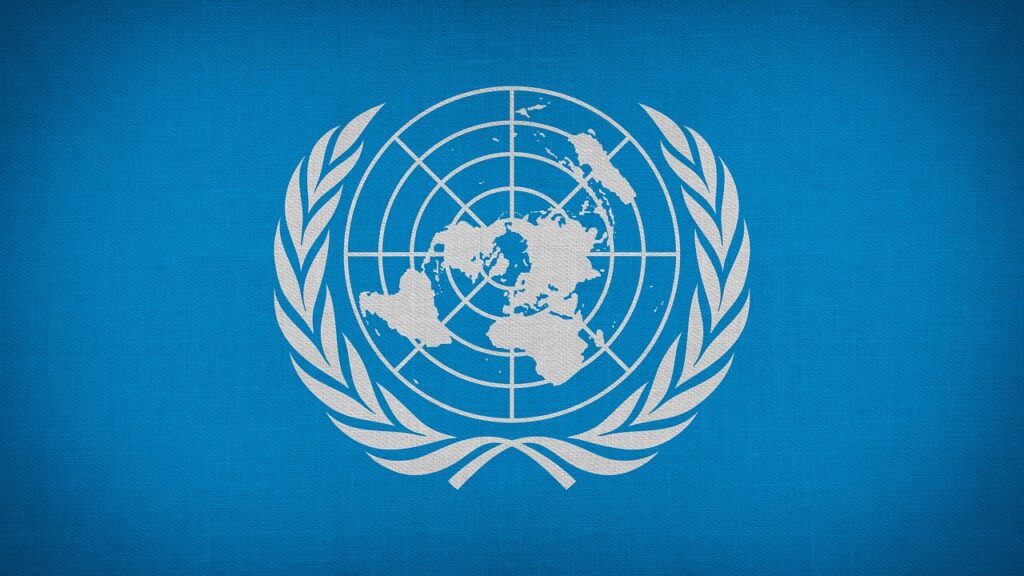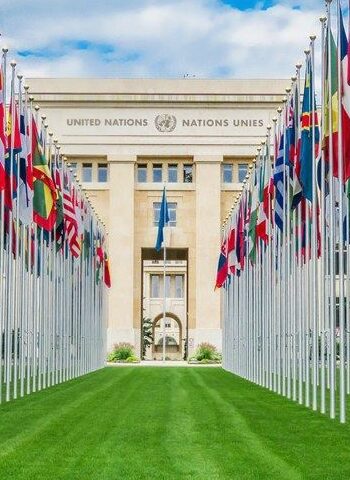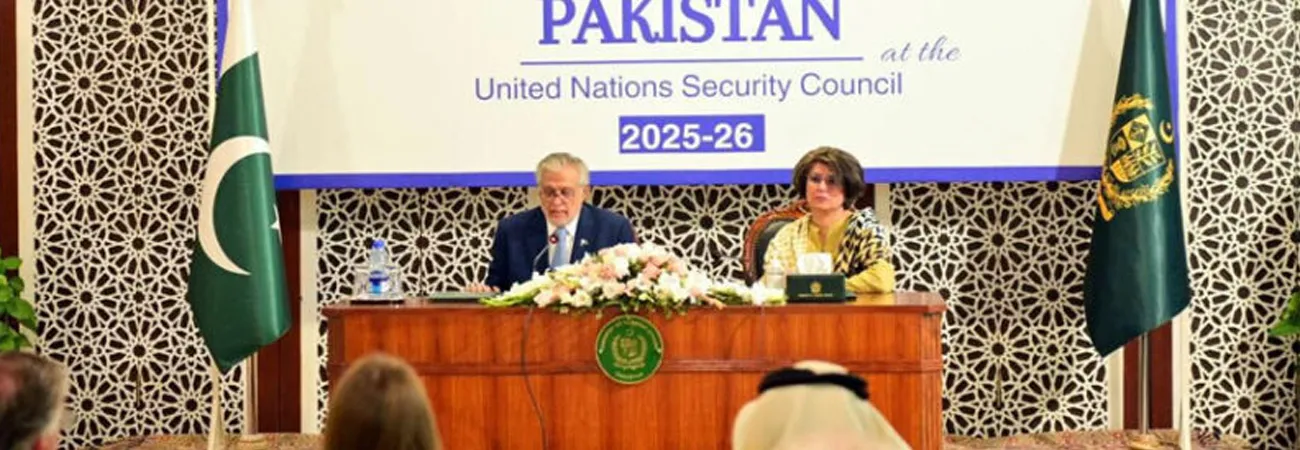In a move sparking global criticism and raising concerns over the credibility of international counter-terrorism efforts, the United Nations has appointed Pakistan to key leadership positions on two of its most critical anti-terror panels. The nation, long accused of harbouring and supporting militant groups, will chair the UN Security Council’s Taliban Sanctions Committee and serve as vice-chair of its Counter-Terrorism Committee.

The decision has drawn sharp scrutiny from analysts and human rights organisations alike, who view it as a troubling example of geopolitical expediency overshadowing ethical responsibility.
A Counter-Terrorism Role for a Terror-Linked State?
Pakistan’s selection is not merely controversial; it is emblematic of a deeper crisis within international governance systems. For decades, intelligence reports and independent investigations have linked elements within the Pakistani state to extremist networks responsible for attacks across South Asia and beyond. From the 2008 Mumbai attacks to the 2019 Pulwama bombing, evidence has consistently pointed toward the involvement of Pakistan-based groups and individuals.
Yet, rather than facing sustained global pressure, Islamabad has often been rewarded with diplomatic engagement and economic partnerships. Its elevation at the UN is seen by many as the latest chapter in a long-standing pattern of appeasement.

Why the UN Took This Path?
So why would the UN, a body ostensibly committed to peace and security, entrust such roles to a nation with a history of duplicity in the fight against terrorism?
The answer lies in a complex matrix of international politics, economic alliances, and strategic interests. Pakistan’s geographical location, particularly its proximity to Afghanistan and China, makes it an indispensable player in regional stability. Major powers, including China and even some Western nations, view cooperation with Pakistan as essential for achieving short-term goals, such as managing Taliban resurgence or ensuring the smooth functioning of the China-Pakistan Economic Corridor (CPEC).

China’s quiet but firm backing of Pakistan on the global stage, including at the UN, plays a pivotal role. As a permanent member of the Security Council, Beijing’s influence has often shielded Pakistan from punitive actions. Critics argue that China’s vested interest in economic and strategic leverage through Pakistan has trumped its own national concerns about terrorist threats targeting Chinese nationals and projects in Pakistan.
Diplomatic Double Standards
Observers say the UN’s actions expose a double standard in how the world treats state sponsors of terror.

The inconsistency is particularly glaring given that Pakistan was only recently removed from the Financial Action Task Force (FATF) grey list, despite limited evidence of genuine reform in its counter-terrorism financing measures. Pakistan’s track record remains littered with examples of delayed justice, denial of evidence, and the continued glorification of individuals designated as terrorists by international bodies.
The Risks of Rewarding Bad Behaviour
The international community’s decision to ignore Pakistan’s past in favour of diplomatic engagement has real-world consequences. It emboldens other states to adopt similar tactics, sponsoring non-state actors while claiming plausible deniability. It also undermines victims of terror, particularly those in India, Afghanistan, and even within Pakistan’s own borders, who suffer the consequences of extremist violence.

The Global Credibility Test
Pakistan’s new positions will give it influence over sanctions enforcement and counter-terror policymaking, a scenario that critics fear could be used to protect allies and obstruct global efforts. As terror threats grow increasingly transnational, the need for impartial and credible leadership within global security frameworks becomes all the more critical.

The UN now faces a credibility test of its own. Can it ensure that a country accused of fostering terrorism will act against it? Or will the global fight against extremism become just another stage for geopolitical theatre?
For now, the victims of terrorism and advocates of a rules-based international order are left questioning whether the institutions meant to protect them are being co-opted by the very forces they were built to confront.
